DST Kills: More Tales of the Killer Time-Changer
Can we kill clock-changing once and for all?
In November, I posted the following:
Let’s get to an update.
Casket Company Markets on DST
NBC 10 Boston: Methuen casket company calls on America to ‘bury' daylight saving time
For a casket company, loss is part of the business. But losing an hour of sleep, like many will this weekend, creates an undying anger.
Titan Casket, based in Methuen, Massachusetts, is doing something about it. In a now-viral ad, the company is pushing people to join the fight to end daylight saving time.
"At Titan Casket, we obviously have an interest in you dying, but we can wait," the ad states.
Starring movie star David Dastmalchian, who was recently in "Oppenheimer" and "Dune," the ad goes through some of the reported health issues associated with the time change.
"If an actual casket company doesn't think it is worth keeping around, who does?" the commercial continues.
Ok, I’ll link your ad for free: [you have to click to go to Instagram]
Motor Vehicle Accidents and DST
Cell, Current Biology: A Chronobiological Evaluation of the Acute Effects of Daylight Saving Time on Traffic Accident Risk
This was published in January 2020, so this was before all the pandemic motor vehicle craziness.
Highlights [quoted from the paper]
Spring DST transition acutely increases fatal traffic accident risk by 6% in the US
∼28 fatal accidents could be prevented yearly if the DST transition was abolished
Spring-DST-transition-associated fatal accident risk is highest in the morning
Locations further west in a time zone are affected more by the spring transition
Remember a Shift in Policy
If nothing else, remember that DST was extended both at the beginning and the end in 2007. From the paper:
In 2007, the Energy Policy Act extended DST in the US to begin on the second Sunday of March and end on the first Sunday of November, replacing the first Sunday of April and last Sunday of October as the respective start and end dates, a schedule followed since 1987.
If we can’t kill DST entirely, can’t we at least shorten it?
But back to the effects:
First, it seems the loss of an hour in the spring is what has the fatal effect more than the gaining of an hour in the fall, which makes sense:
To be sure, one can see that there is also the effect of a decade (or two) of safety improvement (and aging of the population) to take into consideration:
But here is where the rubber hits the road (so to speak) — they could make comparisons of MVA deaths in the March week that would have been the initial DST week under our current rules, but when the switch was in April (that was a control) back in 1996-2006… and look at effects of the actual DST switch week for April for that period. Then do the exact opposite for 2007-2017.
Here are the results:
IRR = the incidence rate ratio.
If it’s above 1, especially noticeably above 1, then it’s more common. If it’s below, it’s less common. They also looked at the confidence intervals.
In all of these, MVA deaths were worse in a statistically significant way for the week after the DST switch — 6% higher than usual, and worst in the morning, 9% higher than expected. That’s for the whole period.
But when split out, it’s much worse in the post-2007 period — 13% worse in the mornings, and 8% worse for the whole day for the week after the DST switch.
DST kills.
Cardiac Events May Be Overblown
Mayo Clinic News Network: Study shows daylight saving time has minimal effect on heart health
A recent Mayo Clinic study examining the effects of daylight saving time (DST) on heart health suggests that the impact is likely minimal.
In the nationwide study, researchers applied an advanced statistical model to look for any connections between DST and serious cardiovascular problems, including heart attacks and strokes. The study looked at 36,116,951 adults aged 18 and up across most U.S. states. (Arizona and Hawaii were excluded since these states do not observe DST.)
Researchers focused on the week directly after the spring and fall DST transition, when clocks are set either an hour forward or backward.
"We looked at five years across the U.S., and what we found is that it’s unlikely that there is a clinically meaningful difference in cardiovascular health due to daylight saving time," says Benjamin Satterfield, M.D., Ph.D., a cardiovascular diseases fellow and lead author of the study.
This seems likely to me.
Accidental causes of death due to sleep issues or problems with visibility are much more likely than cardiac events, I think. Let’s not exaggerate effects.
Leave the Morning Light to the Morning People
So yes, I am one of those super-weird people who wakes around 3 am Standard Time (currently 4 am DST, so I’m almost normal!)
When I spent a summer in Japan, which, like most of Asia, does not do DST, I goggled at the 4 am sunrises. I thought it was kinda nifty to have the sun rise before me sometimes, and I wasn’t ill.
First, we know the kids ain’t walking to school, so hush. You’d get the cops called on you if you tried that.
Second, the schools start too early, DST or no DST, so let’s change the school schedules. That’s a separate argument from the DST one.
Thirdly, let the morning people have the morning light. You non-morning people weren’t doing anything with it. Don’t lie to yourselves.
Serious proposal: put it back the way it was…at least in spring
Not everybody can have the solution I have.
(Note: I did not stay up watching sumo. I waited til 12:30 pm EDT on Sunday to watch Day 1 on NHK… it was wild!)
But look back at that earlier research: there was a worse effect with the change in March than in April.
If we’re going to have DST in the Northern Hemisphere, can we move it to later in the spring? Or maybe even later in April?
We all know DST doesn’t save any energy and mainly annoys us all. Nobody uses that “extra” hour in the evening in March, and it is still dark in the morning for most of us in the north. Move it to April… like it used to be.
There will be fewer accidental deaths.
It doesn’t seem to make much difference in the fall. So, whatever.
Look, I’m trying to come up with some reasonable compromise. It would lead to fewer deaths.
I’d rather not have any DST at all.
Be careful out there.

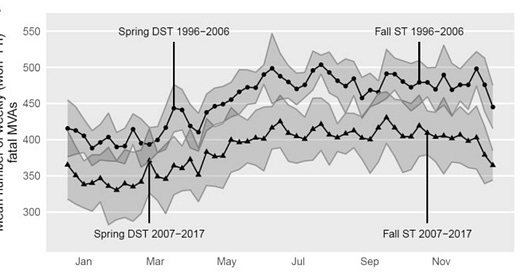


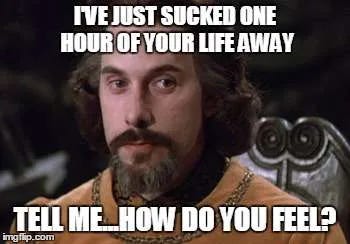
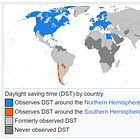
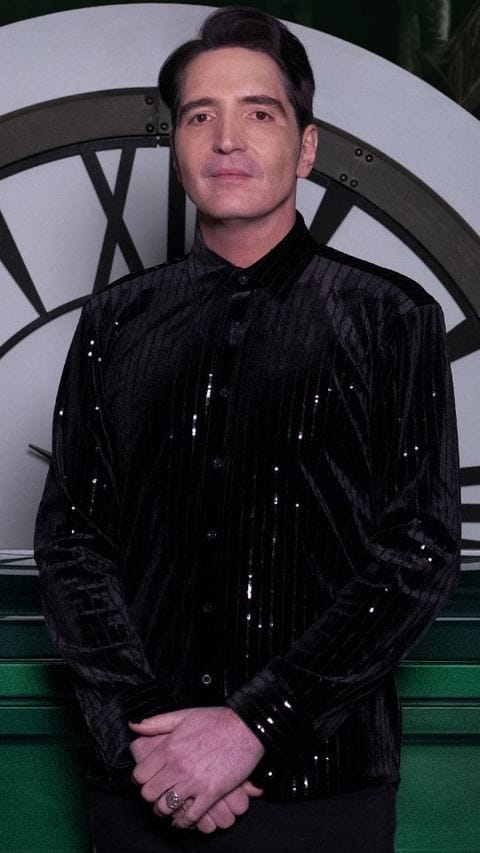

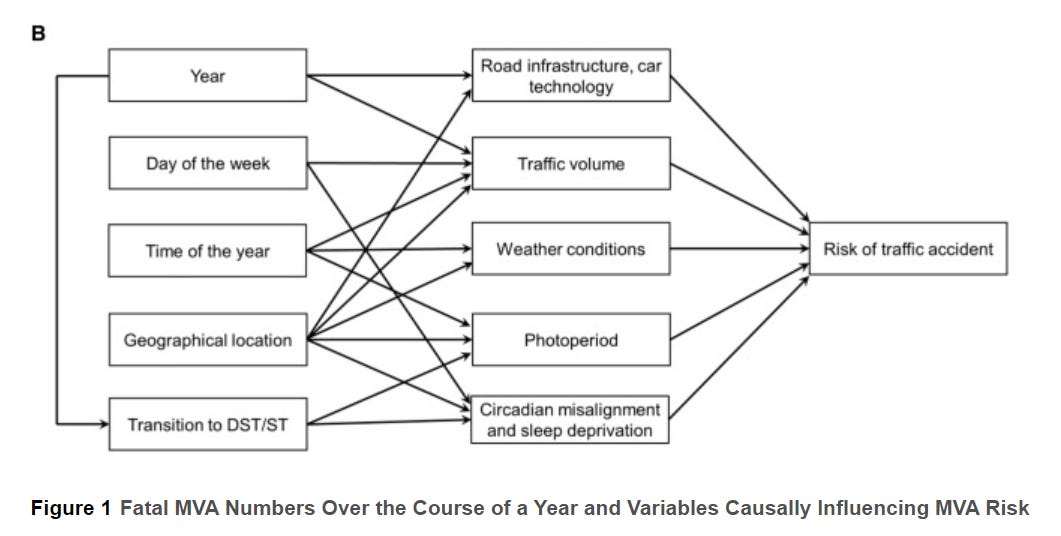
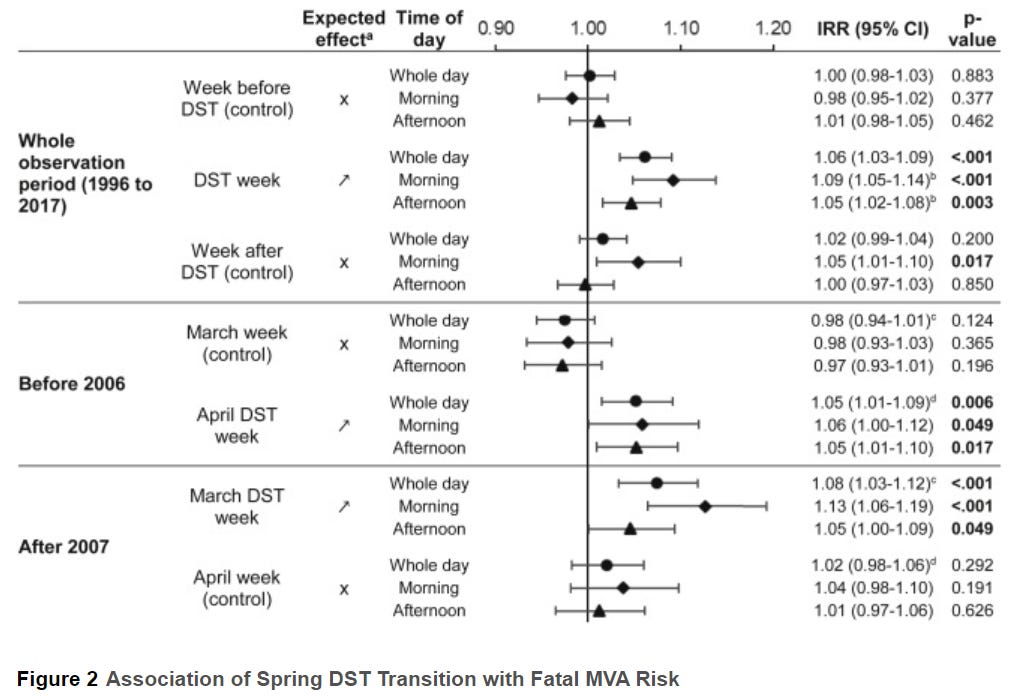
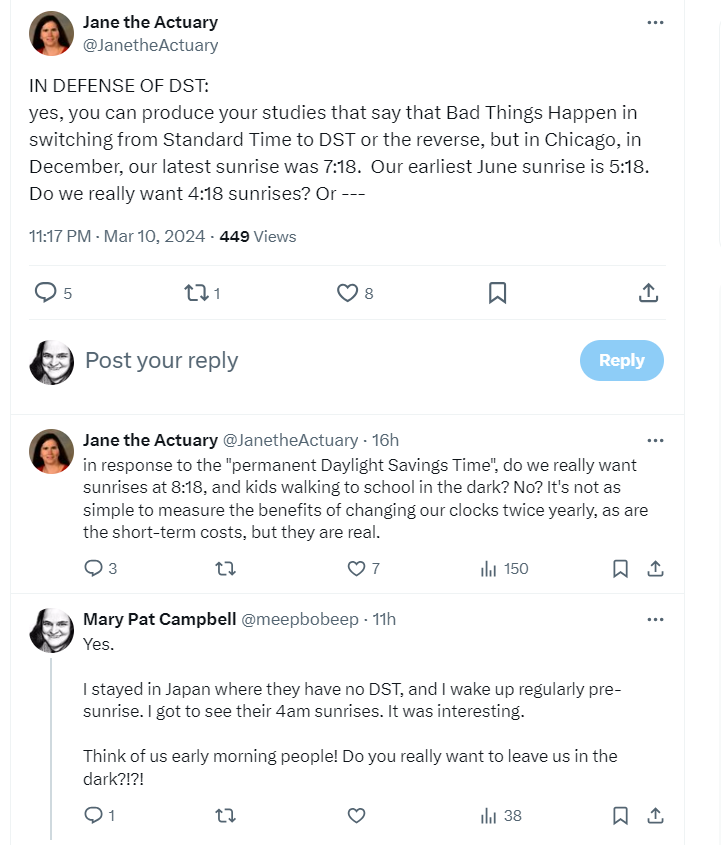
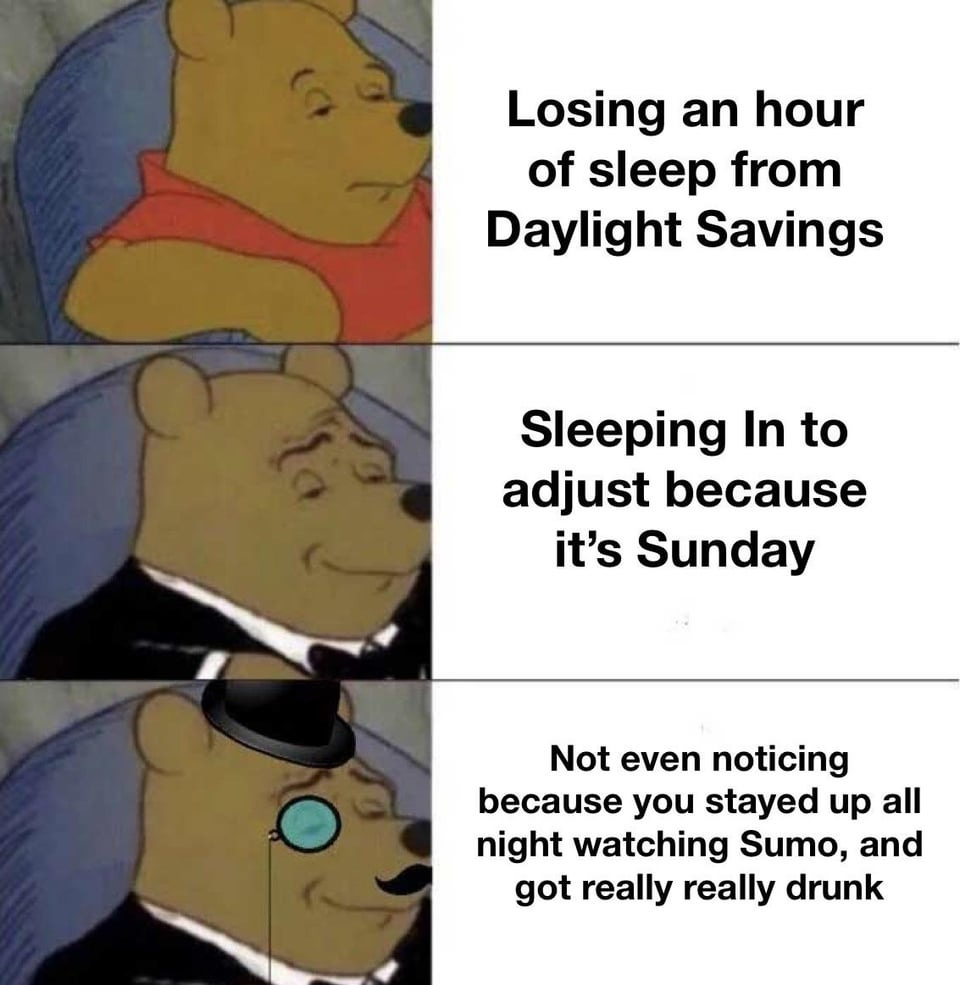
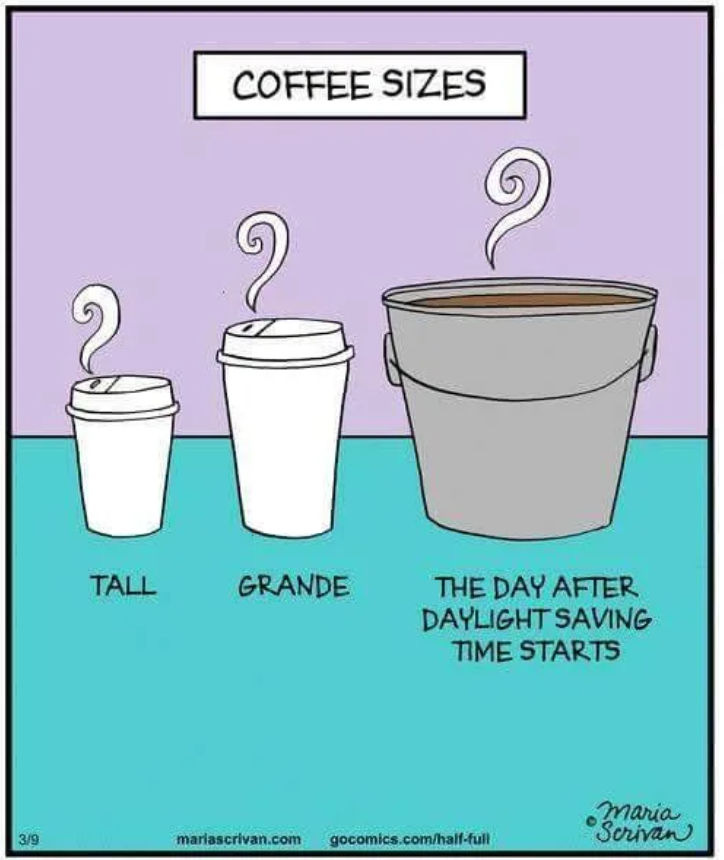
I hate DST. it takes me a week in both spring and fall to adjust. At least technology has caught up to the point I no longer have to change e.v.e.r.y. s.i.n.g.l.e. appliance in my house. Even my thermostat self-adjusts.
There are still plenty of kids in NoVa outside the beltway walking to school.